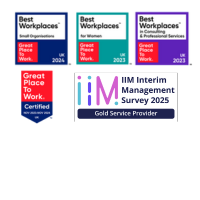What is SOX compliance?
SOX was brought into action in the US to protect the public and investors from fraudulent practices by businesses. This is achieved through total transparency when it comes to financial reporting by introducing a formal process that must be followed by boards and officers of publicly traded companies.
There are strict requirements covering enhanced financial disclosure, internal control assessment, corporate governance, and auditor independence.
Due to constant calls for audit reform in the UK, we’re set to bring in a version of SOX to our shores. While it may sound like more red tape for businesses, there are many benefits that come with a regulation like SOX, including financial protection and increase cybersecurity thanks to the reduced business-wide access to financial systems and data.










